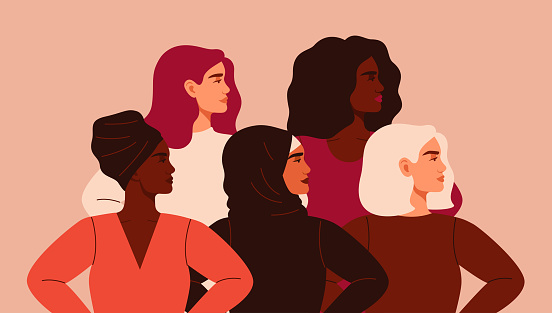
Each year, from Nov. 25 to Dec. 10, the Global 16 Days Campaign brings together governments, international organizations, the public and private sectors, and individuals to raise awareness about and call for the elimination of gender-based violence. This year’s 30th anniversary campaign is focusing on domestic violence and the world of work. The Women’s Bureau joins these efforts to end gender-based violence in the world of work and believes everyone has the right to be safe at work and live in a world free from violence and harassment.
Gender-based violence in the world of work can be the direct result of domestic violence and can affect both women and men, in all their diversity. Gender-based violence not only affects the survivors who experience it, it also affects the entire community around them and can have multigenerational impacts.
Globally, about 1 in 3 women have experienced some form of physical and/or sexual intimate partner violence or non-partner sexual violence in their lifetime. In the U.S., 1 in 4 women and 1 in 10 men have experienced domestic violence. Coined the “shadow pandemic,” we’ve seen the rates of domestic violence rise in our communities as COVID-19 social distancing efforts worldwide sent people into isolation and made it harder for survivors to get help. Even before the pandemic, one survey estimated that in the U.S., more than half a million women had missed work in the past year and nearly 8.5 million women had missed work at some point over their lifetime due to intimate partner violence.
Financial independence through employment can help break the cycle of violence and harassment. However, barriers such as domestic violence and workplace harassment prevent women all over the world and in the United States from entering and remaining in the labor force.
One of the Women’s Bureau’s recent initiatives, the Fostering Access, Rights, and Education (FARE) grant program, helps women workers learn about their employment rights and access benefits. These grants are intended to ensure that women who are paid low wages at work, and are otherwise marginalized and underserved, can access the services, benefits and legal assistance they need.
Guam’s Bureau of Women’s Affairs, one of six recent FARE grantees, is addressing workplace harassment among women throughout Guam. University of Guam data indicates that 63% of residents most affected economically by COVID-19 were women. Data also shows that of the 1,030 domestic violence cases reported in 2020, 74% of the survivors were women. Additionally, approximately 78% of workplace establishments in Guam employ fewer than 20 people, and many do not have the resources to address workplace complaints, including workplace harassment.
By conducting targeted, multilingual outreach to communities and small businesses throughout Guam, the Bureau of Women’s Affairs is expecting to connect directly with more than 400 women workers to educate them about workplace harassment, inform them about their rights, and provide access to benefits and resources. They also hope to reach people across Guam via a print, broadcast and social media campaign.
Violence and harassment in the world of work is pervasive across sectors and countries and therefore requires innovative solutions that invest in comprehensive services for survivors, as well as robust prevention efforts. As the world continues to cope with the pandemic, we must take action to eliminate violence and harassment at work.
Learn more about the 16 Days Campaign, and watch an International Labor Organization panel on ending workplace violence and harassment featuring Women’s Bureau Director Wendy Chun-Hoon on Dec. 15.
Amy Dalrymple is a policy analyst in the U.S. Department of Labor’s Women’s Bureau. Follow the bureau on Twitter: @WB_DOL.

 U.S. Department of Labor Blog
U.S. Department of Labor Blog